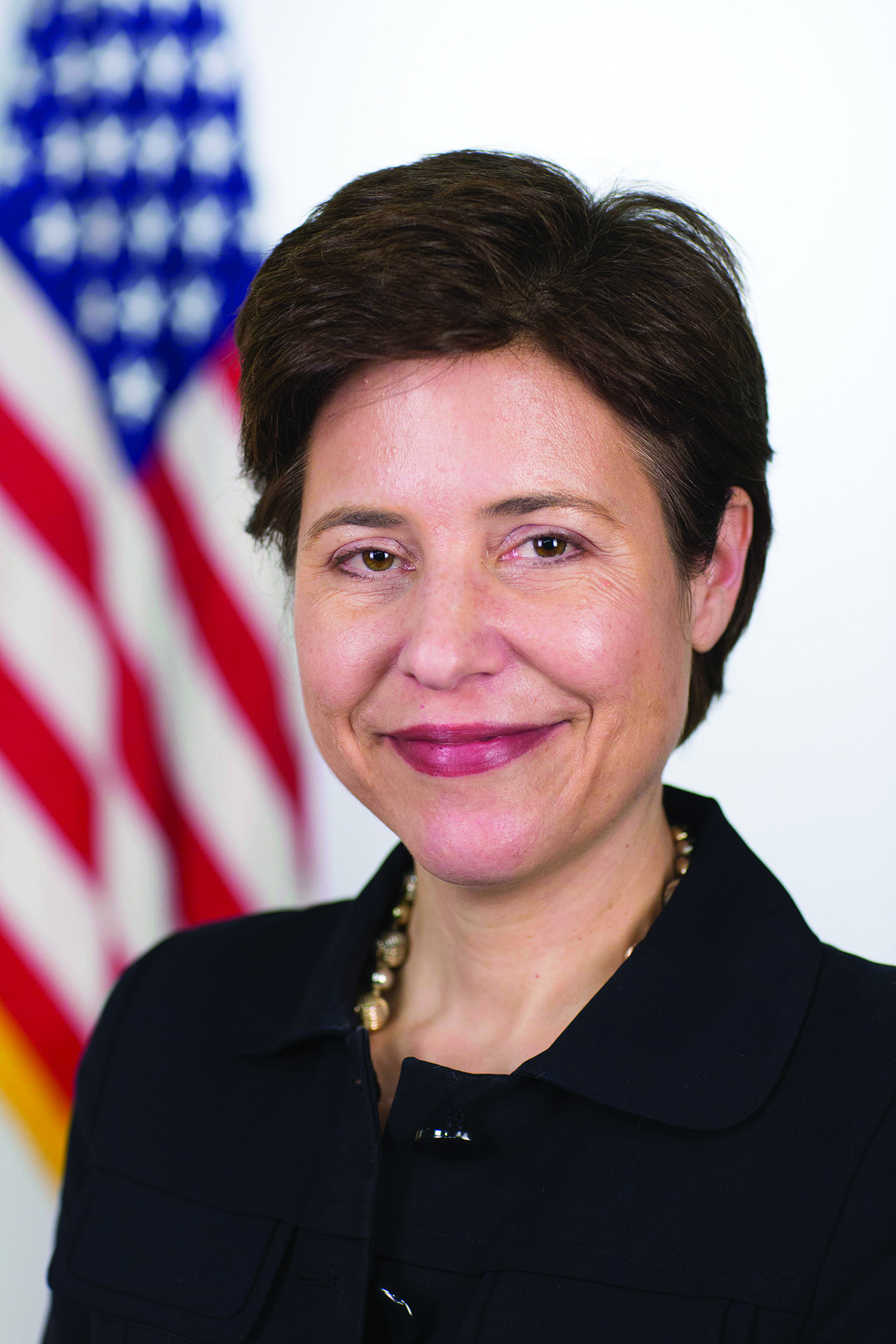As much as the Constitution protects the government from religion, it also protects religions from government influence and control.
Melissa Rogers, a nonresident senior fellow in governance studies at the Brookings Institution, will discuss why this is important during her lecture titled, “The ‘Conscience of the State’: Religion’s Role as an Independent Check on Government,” at 2 p.m. Tuesday in the Hall of Philosophy. She will explain how protecting religious liberty safeguards morals as part of Week Five’s interfaith theme, “The Supreme Court and Religious Communities: Holding America Accountable?”
“When it’s independent, faith communities and leaders can sometimes call our nation to what Abraham Lincoln called ‘the better angels of our nature,’ ” Rogers said.

Rogers will focus her lecture on the rights and liberties protected by the First Amendment, she said, which prevents government from establishing a religion or hindering the free exercise of it.
In a January blog post on the Brookings website, Rogers advised the new administration to remember these features of the Constitution as they craft policy. She also included a powerful quote from the Rev. Martin Luther King Jr. in the blog post as well: the church “is not the master or the servant of the state, but rather the conscience of the state.”
Rogers said this can only happen if the separation between church and state is vital and authentic. When that is the case, then communities and leaders can step up and be an independent voice speaking to and working with government. Rogers said one of the areas in which they are taking a stand, which she will discuss in her lecture, is with issues of immigration and refugees.
“I think religious leaders of many different faiths and political stripes are raising their voices and calling for us to continue this proud tradition of welcoming refugees to the United States,” Rogers said.
Rogers’ Baptist upbringing — her father was a minister — made her interested in religious liberty from an early age. She said there is a strong tradition of church-state separation and religious liberty in the Baptist church.
In college, she wanted to study some combination of religion and law but wasn’t sure she would be able to find a job.
Happily for Rogers, she found scholars and lawyers studying the First Amendment, as she has done herself ever since. She recently served as executive director of the White House Office of Faith-based and Neighborhood Partnerships during President Barack Obama’s administration; she was surprised at how often religion came up in a wide variety of topics.
“It manifests itself in almost all walks of life and thus almost every issue,” Rogers said.
Early in her career, Rogers also found it was important to fight for these protections for all faiths as part of the Baptist Joint Committee for Religious Liberty. This laid the foundation for her interfaith work in the White House.
“It’s a Baptist belief that every person must have the freedom to respond to God voluntarily, or just respond to their conscience voluntarily, and if they don’t have that freedom then they can’t make commitments that are actually authentic,” Rogers said.




